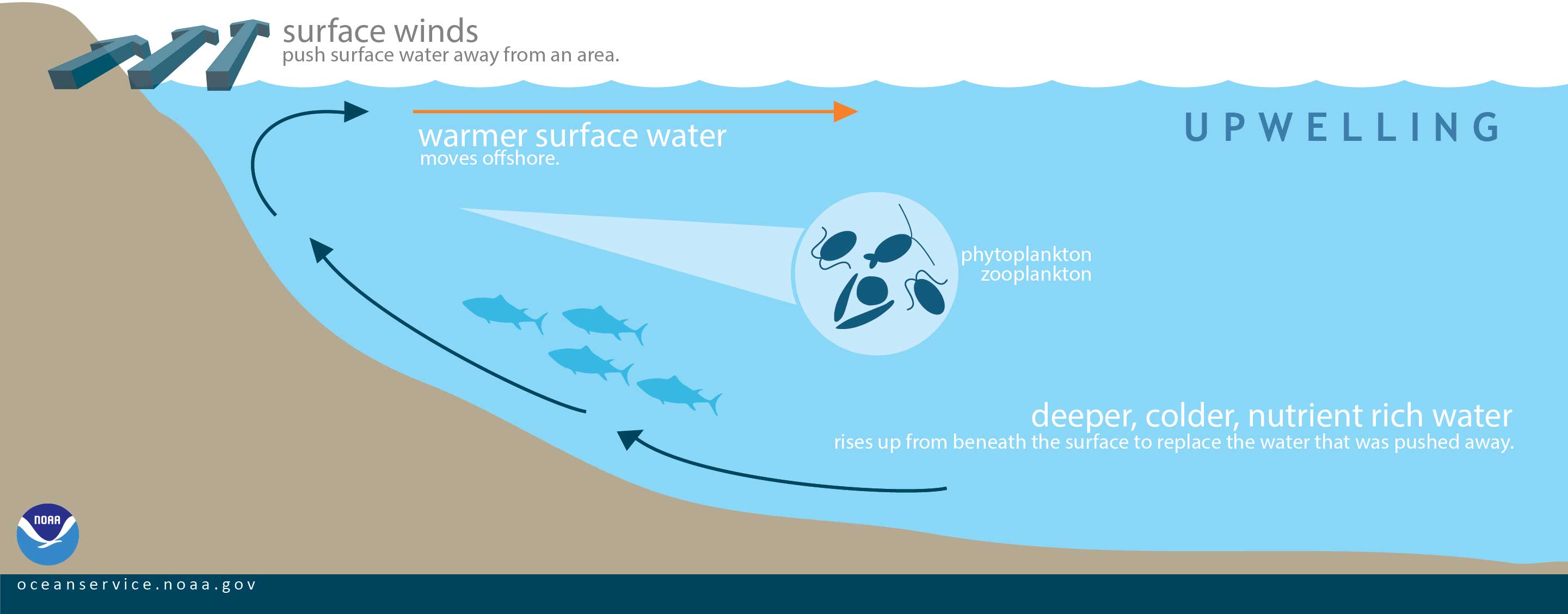The human imperative of stabilizing global climate change at 1.5°C- Review Review
In light of the recent events (climate week and worldwide climate protests) that I hope are on everyone's minds, I thought I'd present the evidence for climate change as a very real and serious issue. Although environmental policy remains a partisan issue, governmental leaders choosing to ignore the mountain of evidence that drastic changes have already occurred and will continue to do so is incomprehensible.
Greta Thunberg, a teenage climate activist from Sweden, has garnered international attention with her passionate addresses to global leadership. Whether you love her or hate her, she is far from the first person to present the consequences for humans to continue the current level of carbon emissions.
As a scientist and member of the scientific community, I often wonder how such a large portion of the population remain climate change deniers. Evidence exists to refute every argument used to deny human responsibility and changing conditions. If you are one of these people, check out this website that outlines the most common arguments and the science against each. If you are looking for specific sources, here is the link to the article I will be summarizing.
 |
| Sea level encroaching on the city of Miami, April 2018. Source: therealdeal.com |
Beyond atmospheric temperature, warming oceans will have disastrous effects on the world's food security. Ocean acidification, caused by the ocean's absorption of atmospheric carbon dioxide, reduces the concentration of carbonate in the water, adversely affecting animals that calcify their shells, such as mussels and clams. Warming waters increase the stratification (layering) of the ocean, reducing mixing that occurs between deep and shallow water. Upwelling, a process by which nutrient-rich water is brought to the surface, drives biodiversity and productivity along the west coast. Limiting this effect will cause fisheries to decline in areas that rely on it.
 |
| Upwelling explained Source: NOAA- What is upwelling? |
 |
| Difference in precipitation change during 2° vs. 1.5°C Warming. Hoegh-Guldberg et al. 2019 Fig. 3 |
These are not the entirety of impacts predicted for the next few decades. Instead, I mainly focused on those that pose direct negative impacts on humans.
Restricting warming as much as possible reduces the environmental, economic, and human loss caused by climate change. Studies estimate that the benefits of limiting warming to 1.5°C are four to five times the cost of investing in a clean energy system now. So, why wait? Individuals around the world continue to make a difference by implementing changes in their daily lives. However, major change cannot occur without legislation and commitment by governments and corporations. We must continue to pressure those in power to make the change that will ensure the world for us and future generations.
 |
| Youth Climate Strike, 2019 Source: Time |
Literature Cited:
O. Hoegh-Guldberg, D. Jacob, M. Taylor, T. Guillén Bolaños, M. Bindi, S. Brown, I. A. Camilloni, A. Diedhiou, R. Djalante, K.
Ebi, F. Engelbrecht, J. Guiot, Y. Hijioka, S. Mehrotra, C. W. Hope, A. J. Payne, H.-O. Pörtner, S. I. Seneviratne, A. Thomas, R.
Warren and G. Zhou, 2019. The human imperative of stabilizing global climate change at 1.5°C. Science 365 (6459).
Comments
Post a Comment